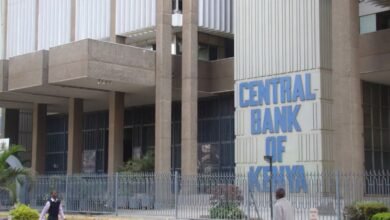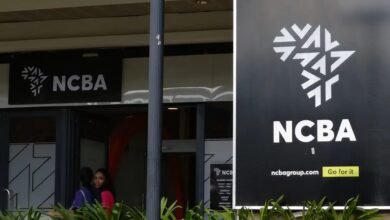
The introduction and use of the integrated scanner system by the Kenya Revenue Authority (KRA) helped the increased revenue collected by 17 percent and the number of goods scanned at the point of entry has also increased to 90 percent.
According to KRA commissioner for customs and boarder control Kevin Safari, the integrated system has played a critical role in helping the authority to track down tax evaders.
“The system has allowed us to reduce diversion transit, enhanced cargo transit enabled us to identify perpetrators dodging taxes, cargo tracking has cut down the need for verification by 90 percent,” Said Safari.
According to safari, the system has enabled kra to increase its revenue share since it is now able to close in on tax evaders.
“Our revenue has grown by 17 percent. we have been able to cut down cargo time by 36 hours hence speedy cargo clearance. this is making Kenya a competitive point of entry for goods.”
The Visiting World Customs Organization Secretary-General Dr Kunio Mukuriya hailed Kenya for its effort in use of the technology. He, however, urged the country to improve on its skilled labour force to enhance efficiency and productivity.
“Kenya is doing well in the East African region. it is setting the pace for the rest of the region. however, more investment needs to be done on human resource to improve Kenya’s capabilities on the technology front.”
On March 8, 2019, through the use of Non-intrusive Cargo Scanners KRA impounded cargo with range rover cars disguised as household goods.
A year earlier in 2018, the authority had impounded containers with 21 high-end vehicles estimated to be worth Ksh30 million.
Statistics show that in 2018, is estimated to have lost up to Ksh300 billion to tax evaders and as a remedy, the taxman is now leveraging on the integrated scanner technology to streamline the cargo clearance sector.





